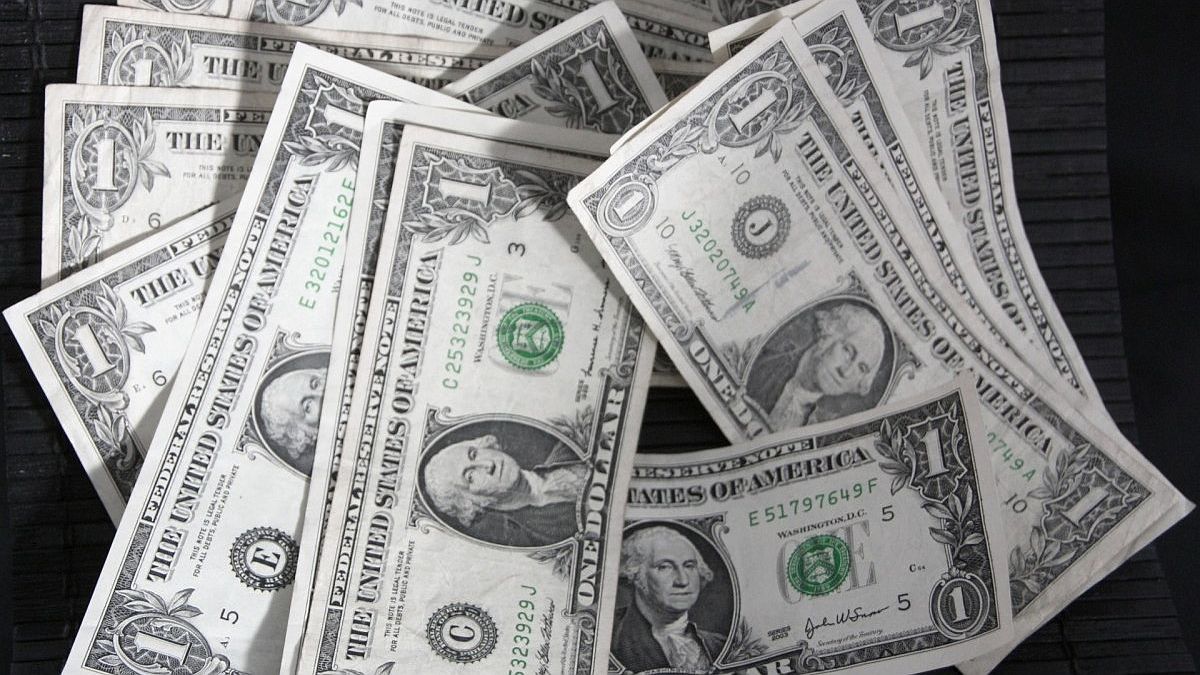Against a basket of currency pairs, the dollar index broke above 104.19 on Monday for the first time since July 2002, extending its rally to almost 9% this year.
Although it cut its gains to 103.87 in mid-London trading after news of intervention by some emerging market central banks in support of their currencies, the dollar’s uptrend appears intact, according to traders.
“It’s been a one way road all morning, with Treasury yields approaching the 3.2% level and the dollar benefiting from it,” said a trader at a European bank in London. Treasury yields extended their rise for the third consecutive session, with benchmark 10-year yields topping 3%, hitting 3-1/2-year highs.
Although the market estimates that the current tightening cycle in the United States will take interest rates to around 3.5% by mid-2023, the speed of the Fed’s rate hike is much faster than that of its peers in the Bank of England and the European Central Bank.
Money markets expect the US to raise interest rates by a further 200 basis points in the remainder of the year, taking benchmark rates to almost 3%, while the ECB’s planned hikes of 92 basis points will only take its toll. benchmark deposit rate to positive territory.
The Chinese yuan extended losses to close at a nearly 19-month low as weak April trade data reaffirmed market concerns about the country’s COVID-19 lockdowns and their impact on the economy.
Futures markets estimate a 75% chance of a 75 basis point rate hike at the next Fed meeting in June and more than 200 basis points of tightening by the end of the year. This Monday, US futures rise up to 2%.
The scenario of rate hikes by the Fed and US Treasury bonds raises the risk of a reversal of flows from the rest of the world to the United States. For this reason you see a devaluation of the rest of the currencies against the dollar. The sharp movements in global currencies put pressure on Argentina. Taking into account the strong appreciation of the global dollar against the rest of the currencies, the exchange rate future for the emerging markets and the rest of the global currencies is beginning to be threatened. The Central Bank’s strategy may change in this context.
Source: Ambito
David William is a talented author who has made a name for himself in the world of writing. He is a professional author who writes on a wide range of topics, from general interest to opinion news. David is currently working as a writer at 24 hours worlds where he brings his unique perspective and in-depth research to his articles, making them both informative and engaging.




